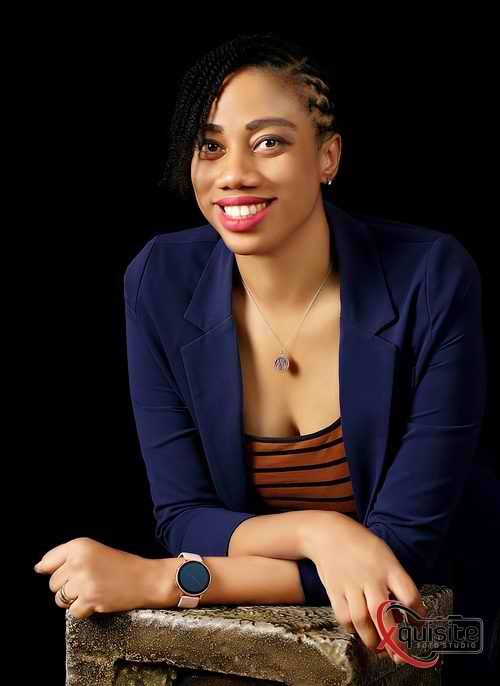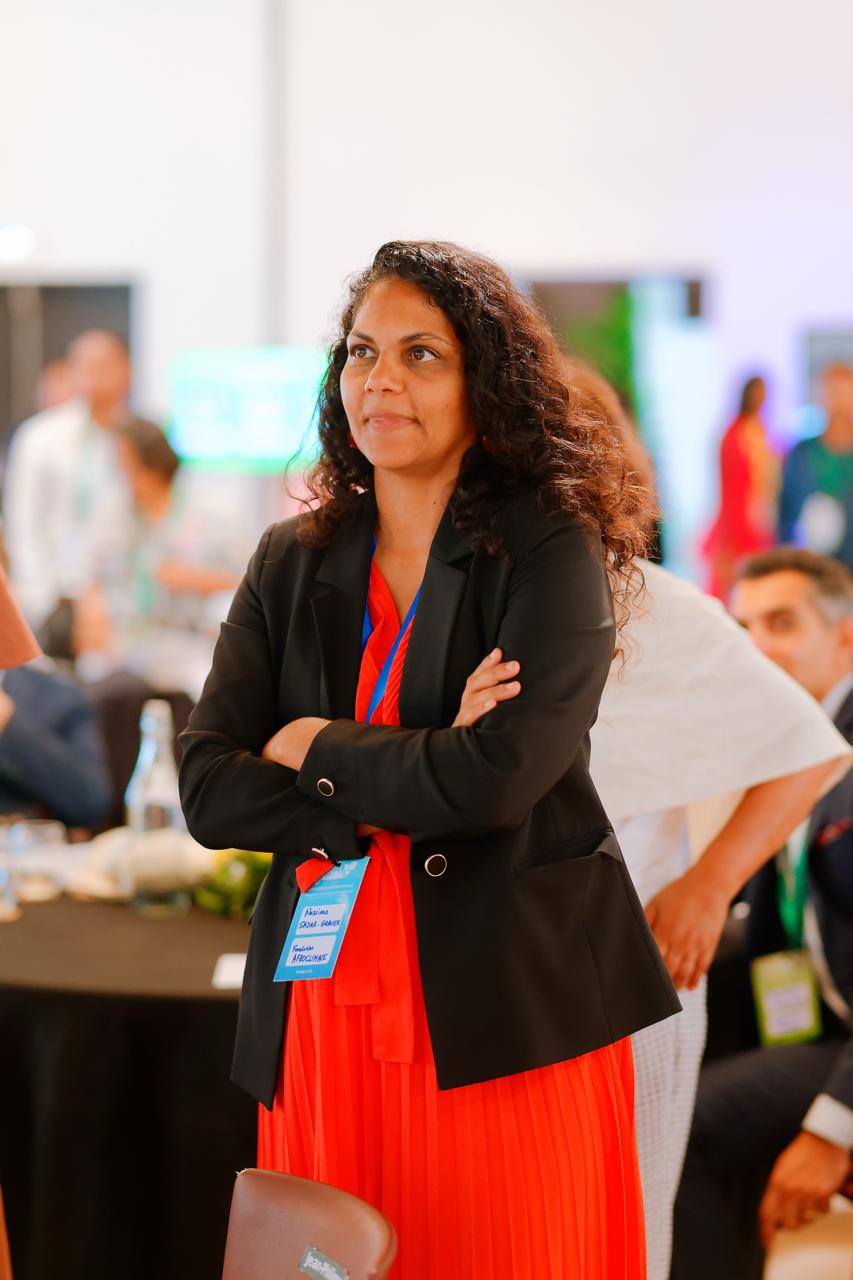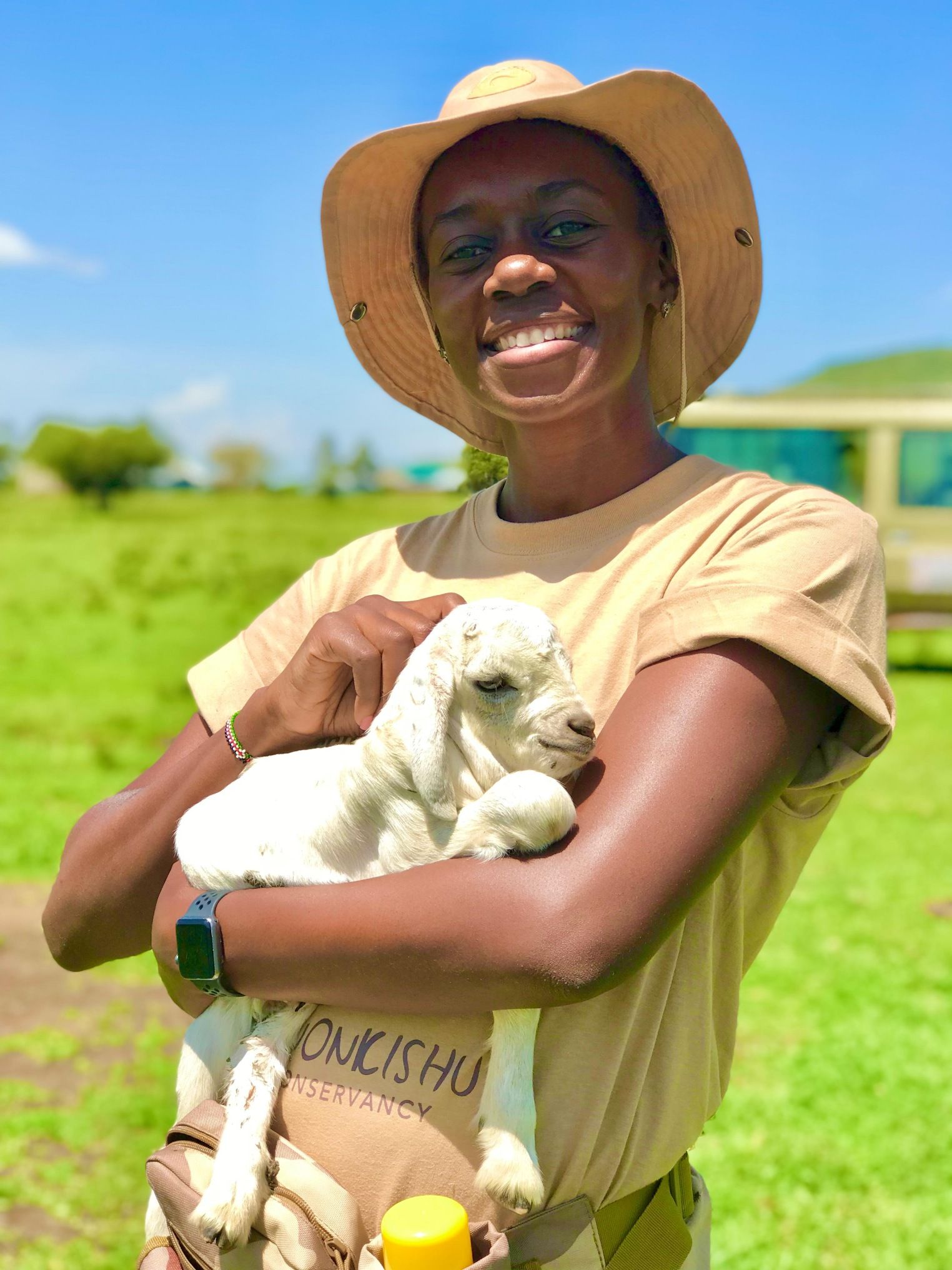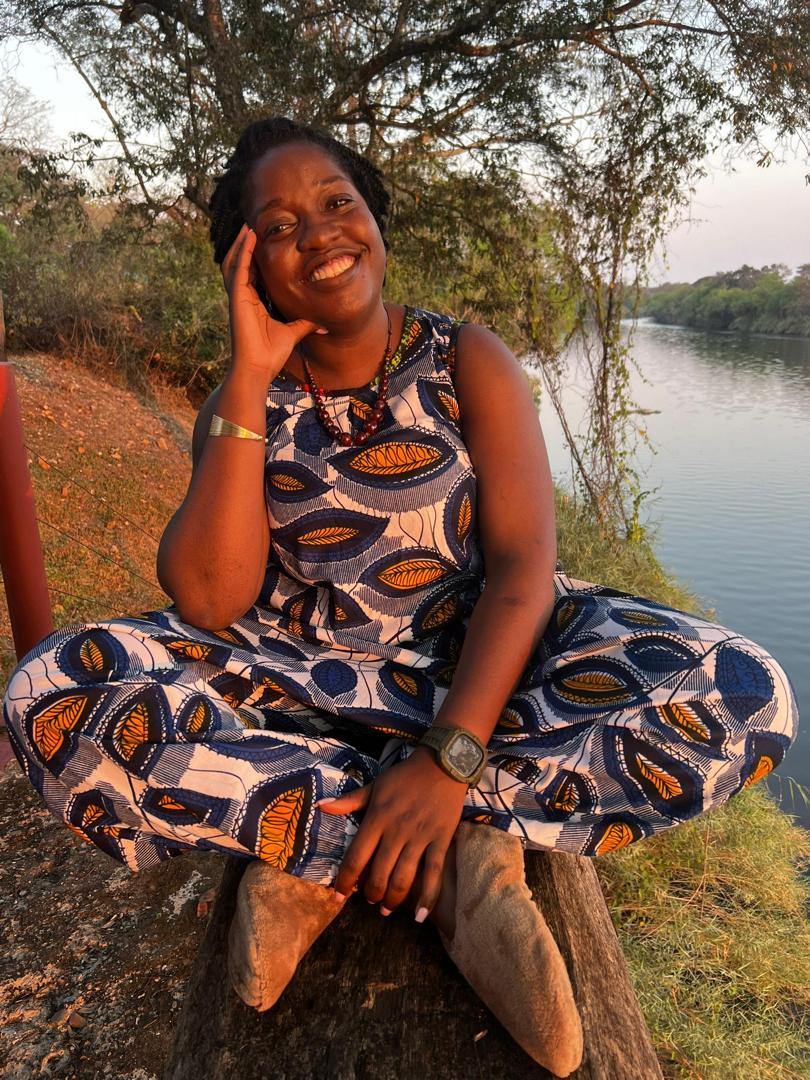I believe it’s OK to be vulnerable as a leader. Because to be human is to be vulnerable.
Denise Okpala is the Office Manager for Financial Reporting and Grants at the Economic Community of West African States (ECOWAS) Commission.
Her lifelong objective is to explore techniques and policies that will help facilitate sustainable environmental conservation. She is a passionate advocate for strong leadership structures in African countries and looks forward to the day when her home country, Nigeria, will be led by a woman.
She shares her story with Damaris Agweyu.

Denise, what do you do for fun?
My children are still very young, and I love spending time with them. I am what you would call a homebody.
How do you strike a balance between having young children and working full-time?
It comes naturally to me. Once I have dropped my kids off at school, I go to the office and start my official duties from 8 a.m. I usually return home between 4 and 5 p.m., and then I spend the rest of the evening with my family. Family time is very important to me.
Do you feel like you are where you are supposed to be in life?
On a personal level, yes. Professionally, I like to believe that my work is preparing me for where I want to be. I've always said I want to be a leader in environmental conservation; this is what I am passionate about.
How did you get to where you are now?
While I wanted to pursue the environmental sciences at the university degree level, my parents had other plans for me. They wanted me to be a doctor. So my entrance exams were to study medicine. But I didn't get the required grade for medical school. Fortunately, the school made a supplementary list, and I came up for marine biology. I feel this was Divine intervention in a way because it validated my dreams. I went on to study marine biology, but the experience was far from what you would describe as ideal. During the four years, there was a lot of back and forth with my parents, who kept urging me to transfer to medical school. Because of this, my final results were average. Deep down, I knew, and I know, I could have done better.
After school, I got a job with the Federal Ministry for the Environment, where I worked for one year. Then, I worked with an organisation that was creating geographic information systems for Nigerian states for another year before joining ECOWAS to work in the environment and natural resources department.
As I was working at ECOWAS, I studied for a Master's degree in environmental planning and management. I performed better than I had with my first degree because I was more focused. Soon after, I was recommended to work on some projects within the organisation. These projects did not directly involve environmental work. And that's how I left the environmental space.
I still work for ECOWAS, as an office manager, dealing mainly with financial reporting and grants. This work is preparing me for the environmental world in many ways. Meanwhile, I am constantly on the lookout for opportunities to volunteer in the environmental space.
Where does your passion for environmental work emanate from?
When I was younger, I was exposed to many wildlife documentaries and documentaries that showed the impact of hazardous waste on natural resources. I was aware of the fact that natural resources can deplete, and the chemicals that we use affect our livelihoods in an adverse manner. I knew that there was very little public awareness about the environment and the work that needs to be done, so I hoped I could get in and change that. Ideally, I would want to come at this space from a sustainability angle.
I think it's about changing the way we do things. It includes having leaders who believe it is possible; leaders who understand its importance. The problem with my home country, Nigeria, is we haven't got our leadership right; we keep recycling the same people that led us to where we are.
It's a familiar narrative. The question is, how can we do better as citizens?
We can be more compassionate. Caring for the next person, not just our own pockets. Compassion is essential because many people want to get to the helm, not to serve but to take for themselves; they don't care about the people they came in to serve.
Some other women I have interviewed for this series have talked about the lack of compassion in the environmental space. They see it as a primary reason why things are not working as they should. Do you agree?
Yes, I think it crosses over into many other areas. Women leaders tend to have more compassion than men, but unfortunately, we don't have enough women leading in these spaces.
What is your leadership style?
I like to lead with a human face; this means listening, taking corrections positively, and considering other people's feelings. I am not authoritative, and I know this can have disadvantages. Still, I like to see the people I lead as my brothers and sisters. Even when I come up with an idea, I don't just force it on people. I am always ready to explain myself, and I am always willing to hear others out.
I would say I am relatively good at making decisions for myself and the people for whom I am accountable.
I also believe it's OK to be vulnerable as a leader. Because to be human is to be vulnerable. We are all bound to have slip-ups, and it's OK to be emotional and even break down sometimes. When this happens, it's good to have people around you that are understanding.
Why do you think many people resist vulnerability, especially when it comes to leadership?
The perception is that leaders always need to be in control. They should be able to handle any situation that comes their way. The problem with this is things can bottle up to a breaking point. Typically, most women don't have a problem with being vulnerable.
There is a misguided narrative that tells us women are their own worst enemies. What are your thoughts on it?
I would love to change the narrative, but it's a hard one to change. It doesn't take a lot for a woman to get attacked, and, sadly, the people attacking the woman are, quite often, other women.
Personally, the best boss I have ever had was a woman. As a matter of fact, she is the only female boss that I have had. She mentored me, uplifted me, and inspired me. I learnt a lot from her.
There are many other cases of women lifting up other women. And I am conscious of pushing this particular narrative. I bend over backwards to make sure I am not that woman that attacks other women.
Women have as much right to become leaders as men do. I don't understand how there was a time when women couldn't vote or how, until quite recently in Saudi Arabia, they couldn't drive. I don't understand why having a woman President is taboo in Nigeria.
I believe all human beings should be treated equally. But then again, men and women are built differently, so it’s not a competition. I think we just need to celebrate our differences and learn to work together.
How do you support other women?
If I am working with women, I keep it at the back of my head that these are my sisters. I let other women know that I have their backs; that I support them and will be there to catch them if they fall. I would like them to see me as a sister, more than a friend even. Because sometimes it can be hard to navigate the politics of life as a woman.
I have two sisters and many female cousins, and I would like them to feel that I am someone they can always share with.
Have you learned more from your failures or successes?
My failures. Tracing it all back, it is my failures that have served as learning points in my life.
You've talked about eventually seeing yourself in the environmental space. What difference do you see yourself making once you get there?
I see myself changing policies, creating awareness, and building capacities for people. Many people still don't understand the implications that our actions have on the environment, and I would like to change that.
What are you striving to become?
I want to be a good example. Someone others can look up to. Someone who is supporting and empowering other women. And, of course, I am striving to become someone who has helped protect and conserve our natural resources.
***
This interview is part of a series profiling the stories of the 2021 WE Africa leadership programme fellows, African women in the environmental conservation sector who are showing up with a strong back, soft front, and wild heart.





